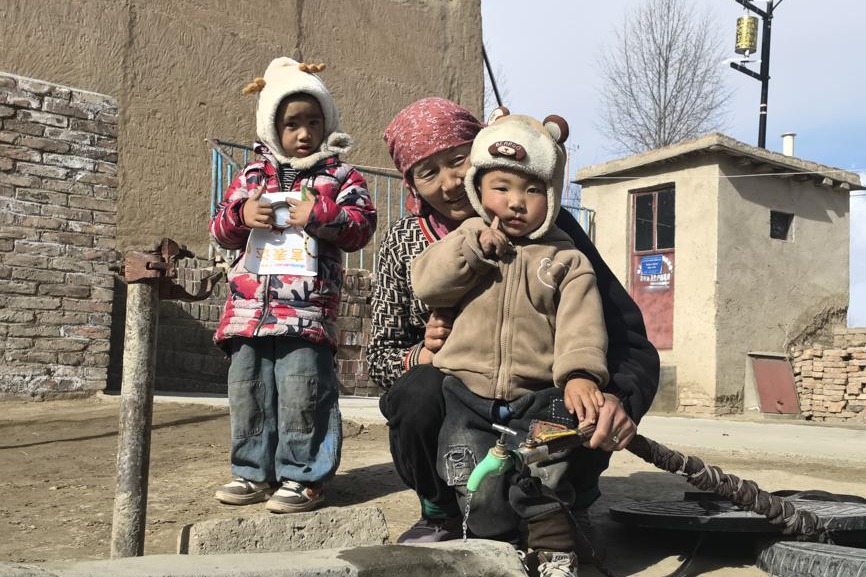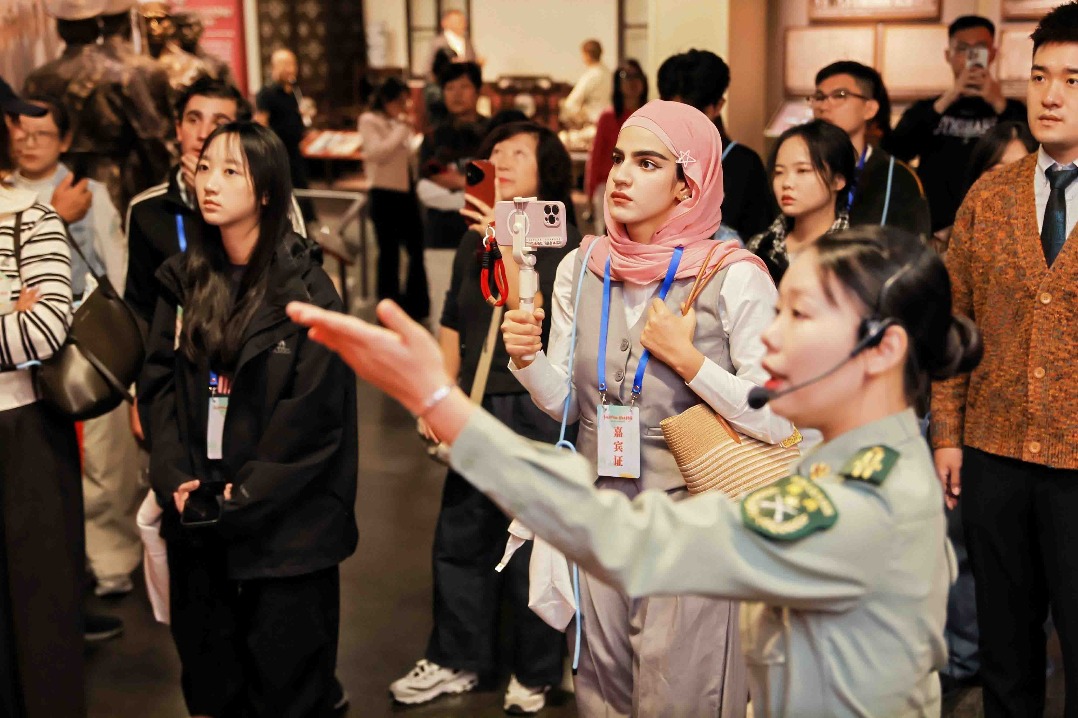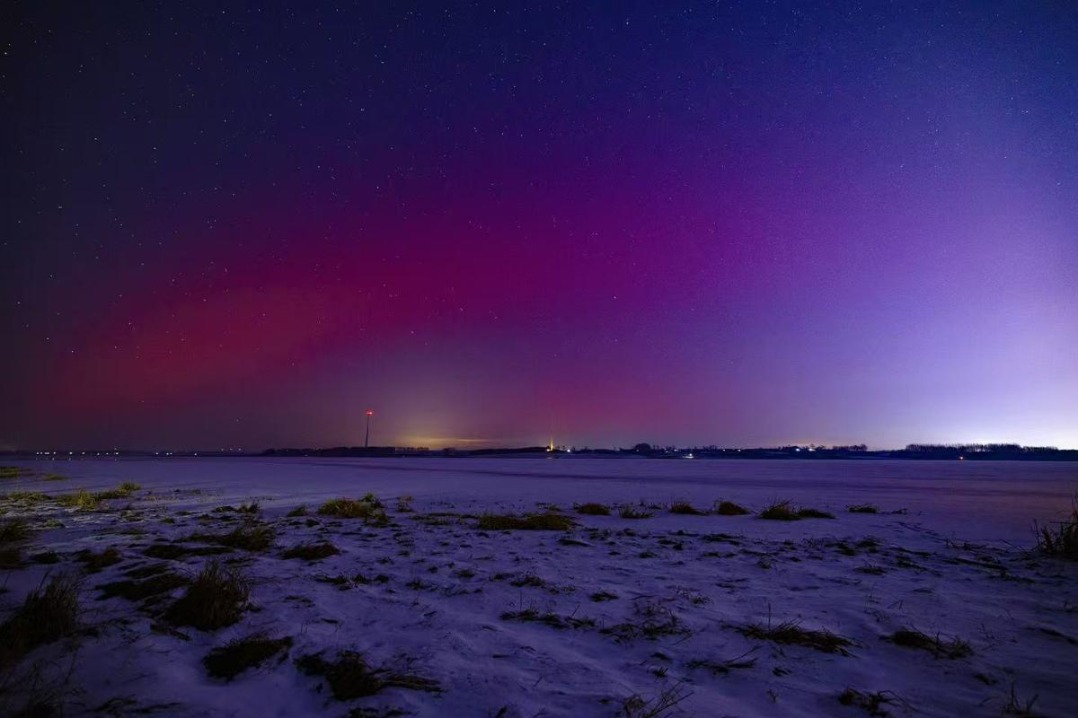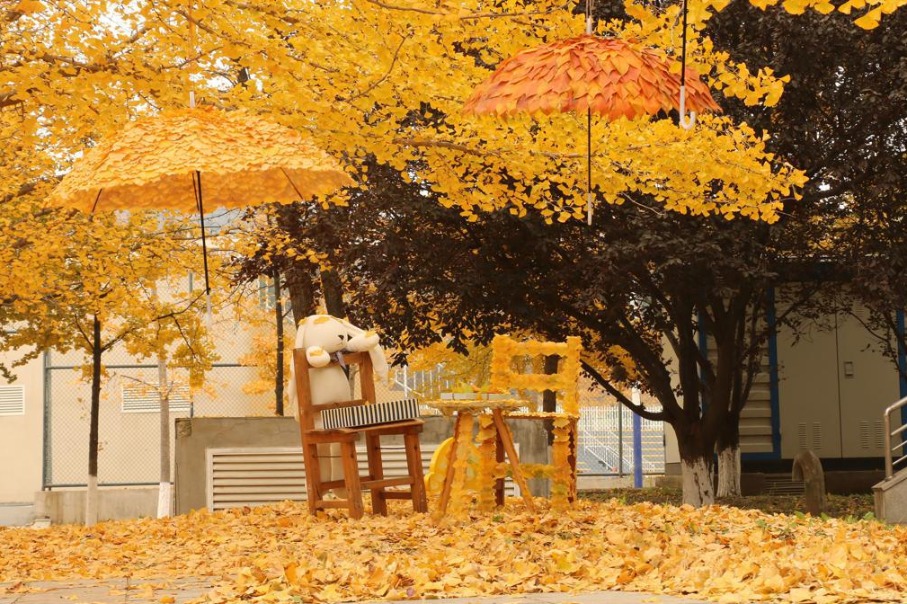‘Darling brand’ on the celebrity trail

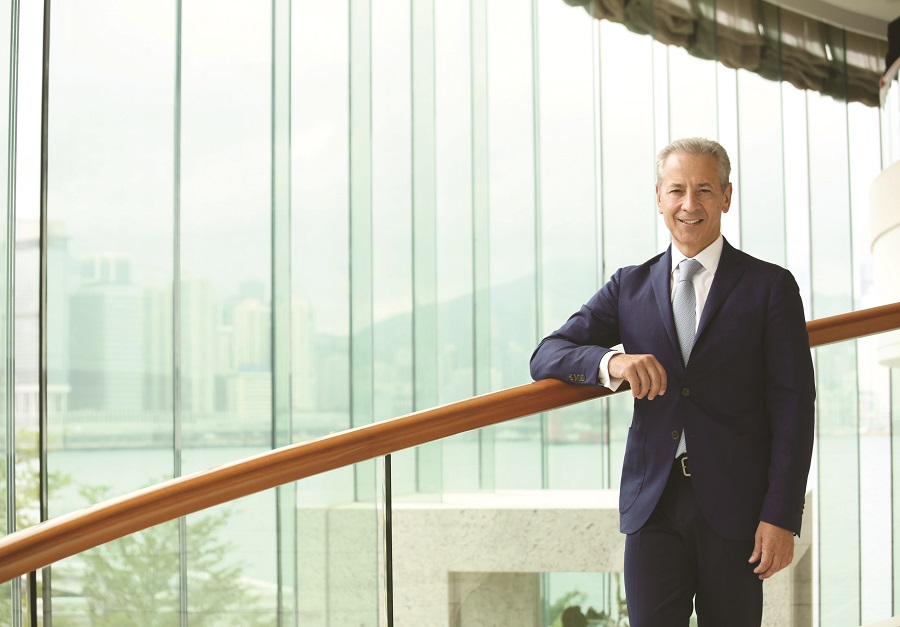
‘I would like to call ourselves a darling brand of the Middle East,” avows Jose Silva, chief executive officer of Dubai-based global luxury-hotel chain operator Jumeirah Group, staking his claim on the celebrity status of the group’s flagship hotel in Dubai — the super luxury, ship sail-shaped Burj Al Arab.
Jumeirah — a member of Dubai Holding, controlled by the ruler of the Emirate of Dubai — owns and runs an expansive business empire that spans a diversified range of enterprises from financial services and real estate to telecommunications and hospitality.
Jumeirah was born in the Middle East some decades ago. “Our standing in the Middle East is very much enhanced by the famous Burj Al Arab — a kind of hotel that everyone knows,” Silva tells China Daily.
Jumeirah today commands a portfolio of 22 hotels across the Middle East, Europe and Asia, and has thrown its hat in the ring in the tough hotel business in China instead of merely luring Chinese tourists to their overseas hotels. To many of the Chinese jet set crowd, Burj Al Arab is no stranger to them.
The Jumeirah label is in the midst of a vast globalization exercise, as it has been in Europe for the past 10 years. For Asia, four key Jumeirah properties are taking off, including one in Nanjing, which has just opened, one in Guangzhou and another hotel in Hangzhou that are scheduled to throw open their doors soon.
China has been under Jumeirah’s spotlight for an array of reasons, not just that the Chinese mainland is the world’s fastest growing tourism region, but Chinese travelers already make up a substantial part of the group’s overall customer pool, notes Silva. “At Burj Al Arab, as much as 40 percent of all its guests are Chinese. We know that Chinese tourists are already coming to Dubai, so we want to expand our presence within China.”
Jumeirah places high emphasis on a hotel’s location, the building and the design. It wants a project that creates experiences, and not just one more hotel. Silva believes their hotel in Nanjing has attained that goal.
“We chose Nanjing, Guangzhou and Hangzhou based on opportunity and also the partners we knew. Since we haven’t been in China for a long time, we now want to bring in brand affiliation and expertise but, in the longer term, we could be investors,” vows Silva.
Hong Kong isn’t out of the group’s range either. Silva says Jumeirah would love to be in Hong Kong and sees the SAR as one of the cities Jumeirah must be in. But, it’s never easy to find the right investor and the right location.
“Hong Kong now has almost all the global hotel brands. Therefore, there’s an opportunity for Jumeirah to be the next operator, the next luxury hotel.”
China a ‘big influencer’
Silva came to Hong Kong in October this year to meet up with potential investors. Jumeirah, he says, is interested in every kind of investor, be they independent investors or government institutions, as Jumeirah has teamed up with both. It has Hong Kong-based independent investors in its Guangzhou and Hangzhou projects, and is in partnership with the Nanjing government in its Nanjing hotel.
Silva calls China’s hotel industry “fantastic”, saying the market is, in fact, very mature.
“People talk about China as an emerging market. I don’t see the country (hotel market) as an emerging market. Hong Kong had some of the best hotels in the world 25 years ago, and when I went to Hangzhou earlier this year, you could see hotels there in the caliber of Paris, New York, or London.”
So, the world needs to look at China as a big influencer and no longer a follower of the trends, says Silva.
Another fad Silva picked up in China concerns food, which has become the focus of travelers. Chefs have turned celebrities, and restaurant trends are being followed all over the world.
Chinese people are sharing their dining experience via social networks. Restaurants have become more about social gatherings.
“That’s why we’ve hired the president of Michelin Guide to come and lead our culinary. He had resigned from his post and joined us a few weeks ago. That speaks for volumes to what extent food is important to Jumeirah.”
Silva has been explaining the importance of food to a hotel in Europe, but when he was in Hangzhou, people there were telling him about food as they already know how important food is. He reckons China is a food capital for multiple trends, whether they’re Chinese or even international cuisines.
“Before joining Jumeirah, I had 27 years’ experience at the Four Seasons Hotels and Resorts, My last post with them was in Paris. At lunch time in Paris and in Michelin Star restaurants, 50 percent of the customers are Asians nowadays. Chinese travelers in Paris see Michelin Star restaurants as must-go places.”
Great future for the region
Chinese tourists, Silva notes, love to go to city landmarks when traveling. It’s very important for them to be at the Eiffel Tower and it’s very important for them to be in the Burj Al Arab Hotel. They also love brands and are really brands-driven.
“I think Jumeirah will have a great future in this part of the world as we see Jumeirah as a darling brand of the Middle East.”
The food, city landmarks and brand name will be Jumeirah’s key advantages in its thrust into the Chinese market as the company believes it fits in perfectly with what China wants, Silva says.
In future, Jumeirah will be looking more closely at those upcoming districts, the less established districts with growing artists, young chefs and young clothing brands and so on.
“Although Chinese tourists still want to see the primary sites at this stage, I think it will change. Like everyone else, they will follow the trend as soon as they see it on Instagram or other social media. Chinese travelers will follow the latest trends.”
Contact the writer at
sophiehe@chinadailyhk.com
- China, CELAC vow to broaden education collaboration
- Sichuan amphibious ship returns after maiden sea trial
- Justice on horseback: bringing the court to Xinjiang's herders
- China issues alert on overseas study in Japan
- Chinese scientists discover lunar rust, revealing new oxidation process on the moon
- China's major airlines offer refunds and rebooking for Japan-bound passengers amid security alert
















